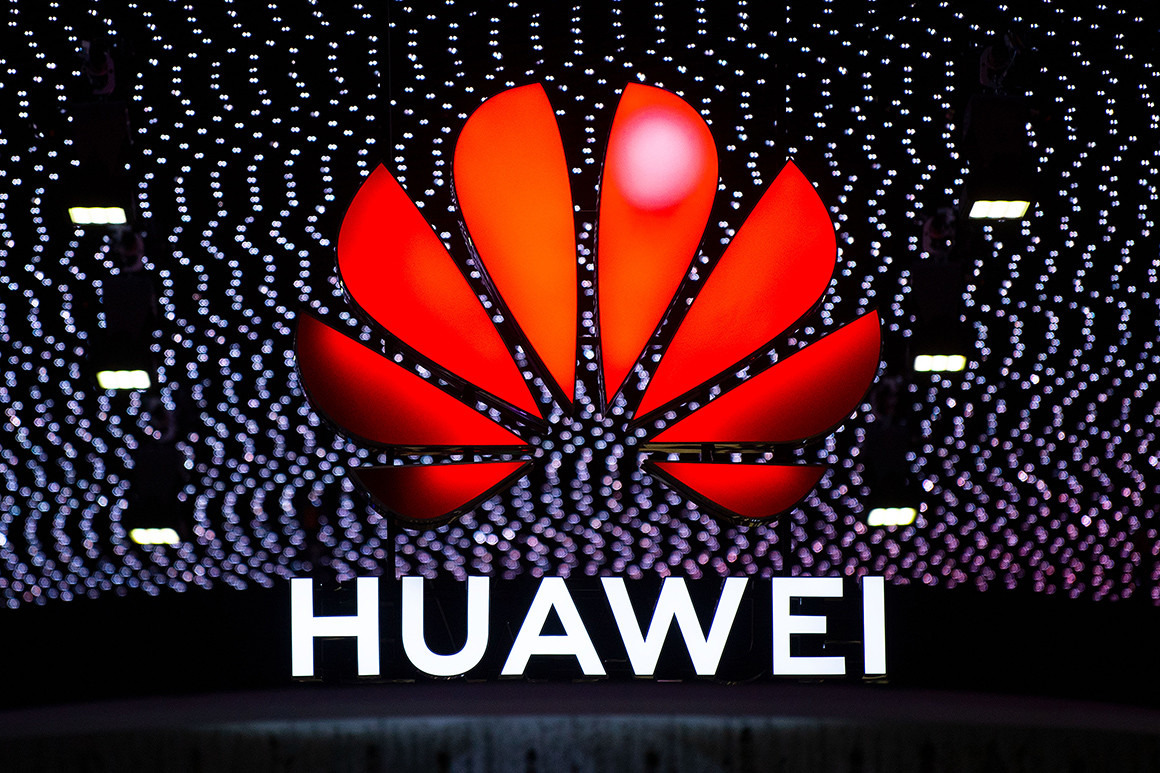Huawei on Tuesday night petitioned for summary judgment in a lawsuit against the 2019 National Defense Authorization Act, which blocked U.S. government agencies from buying its products.
Hearings on motions by both sides will only take place in September, Reuters reported. Huawei claims that the 2019 NDAA is unconstitutional, but it likely faces a difficult battle, as American courts are normally reticent about challenging national security orders.
The government purchase ban on Huawei took effect in August 2018, likewise impacting fellow Chinese technology giant ZTE.
Huawei's greater problem is the twin bans the Trump administration added earlier this month. The first — an executive order by President Trump — invoked the International Emergency Economic Powers Act, barring U.S. corporations from buying telecoms equipment from firms considered a national security risk, Huawei among them.
The second was Huawei's addition to a Commerce Department "Entity List," blocking it from acquiring tech from U.S. businesses. The company has been ejected from JEDEC, the Wi-Fi Alliance, and the SD Association, and faces losing vital American partners such as ARM, Google, Intel, Broadcom, Qualcomm, and others. It's currently operating under a temporary reprieve.
A review is underway to figure out ways of fighting the newer bans, Huawei's chief legal officer Song Liuping said on Wednesday. The White House is using laws to punish a single company, which "sets a very dangerous precedent," Song argued.
"Today it is telecom and Huawei, tomorrow it could be your company, your industry, your customers," the executive told a Shenzhen press conference.
The Trump administration claims that Huawei has ties with the Chinese government, posing the threat of backdoors into U.S. networks given regular hacking by state-sponsored actors. It has also leveled criminal accusations such as bank fraud and violating sanctions on Iran.
 Roger Fingas
Roger Fingas








 Charles Martin
Charles Martin
 Marko Zivkovic
Marko Zivkovic
 Andrew Orr
Andrew Orr
 Amber Neely
Amber Neely

 William Gallagher and Mike Wuerthele
William Gallagher and Mike Wuerthele











27 Comments
The admin needs to lay out the case: documented proof of backdoors. Physical evidence of those spy chips has never materialized, so there’s that.
Its probable Huawei has stolen tech but that’s not the “security” issue being raised here. Proof is needed not anecdote.
On a related note it may be time for Congress to revisit that huge “national security threat” free pass they’ve given the office of the President. Arbitrary actions simply by declaring “security” with zero proof required is crazy. Opens the door way too wide for excessive executive action. Article One is ONE for a reason.
Perhaps Google should sue the Chinese government for not allowing Google services on phones in China.